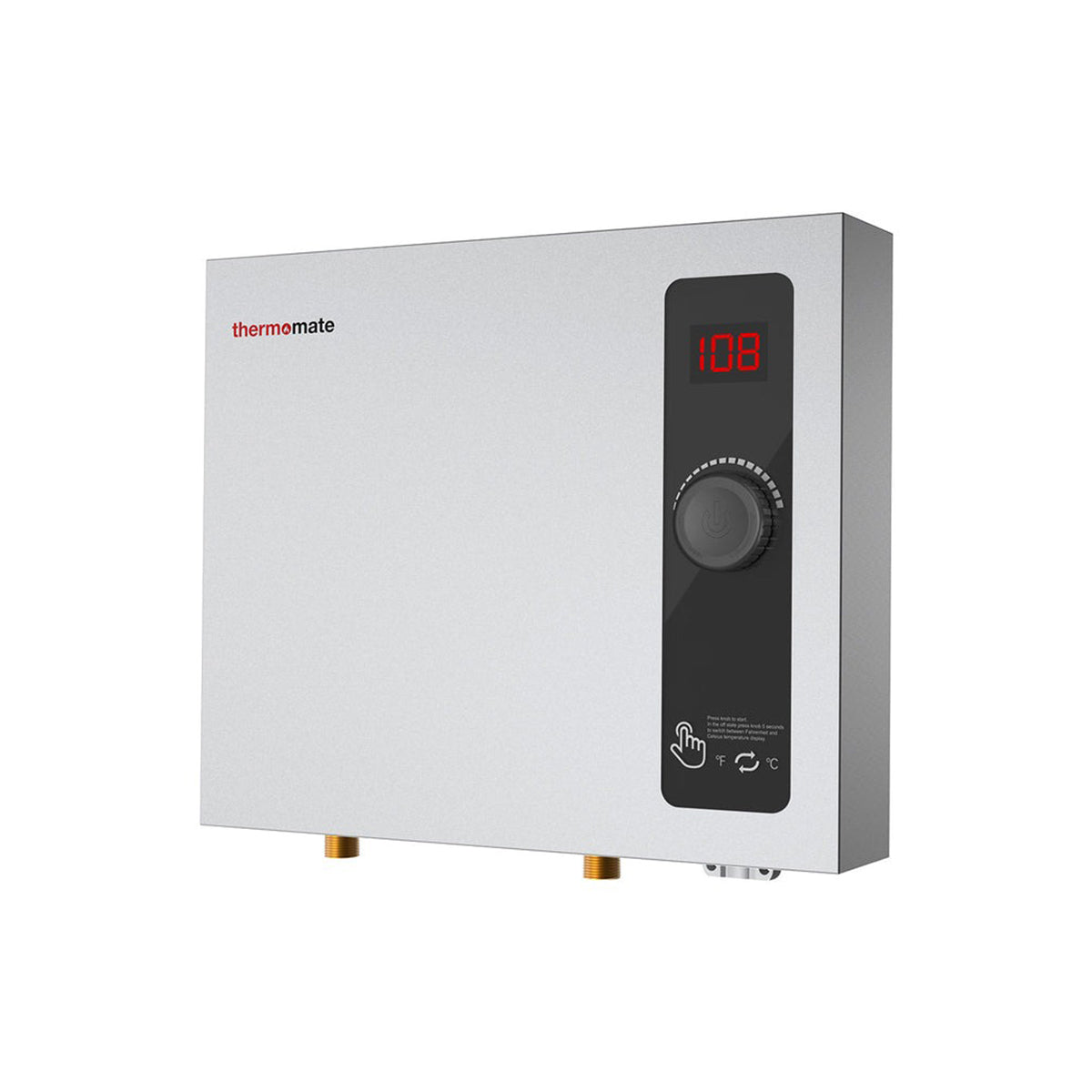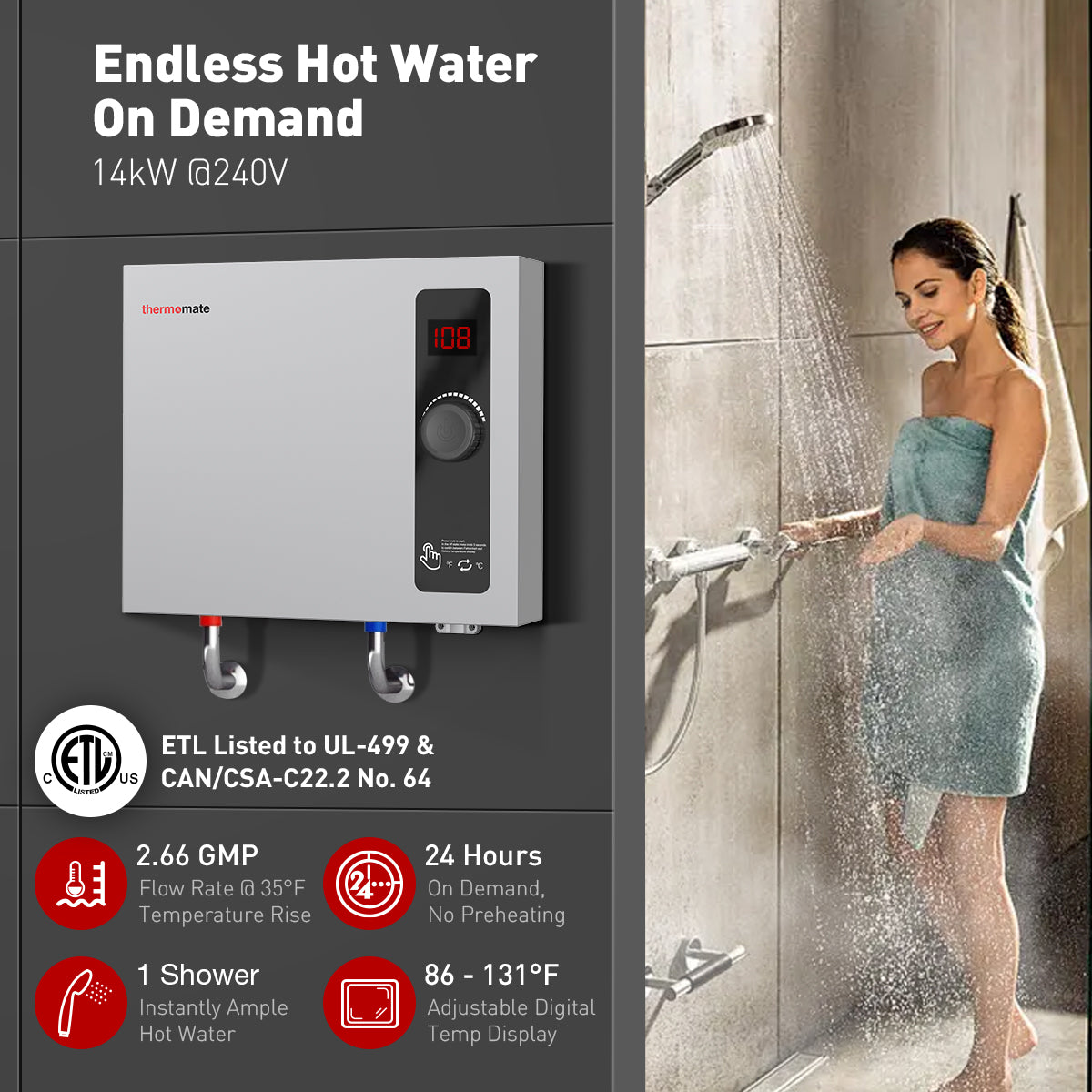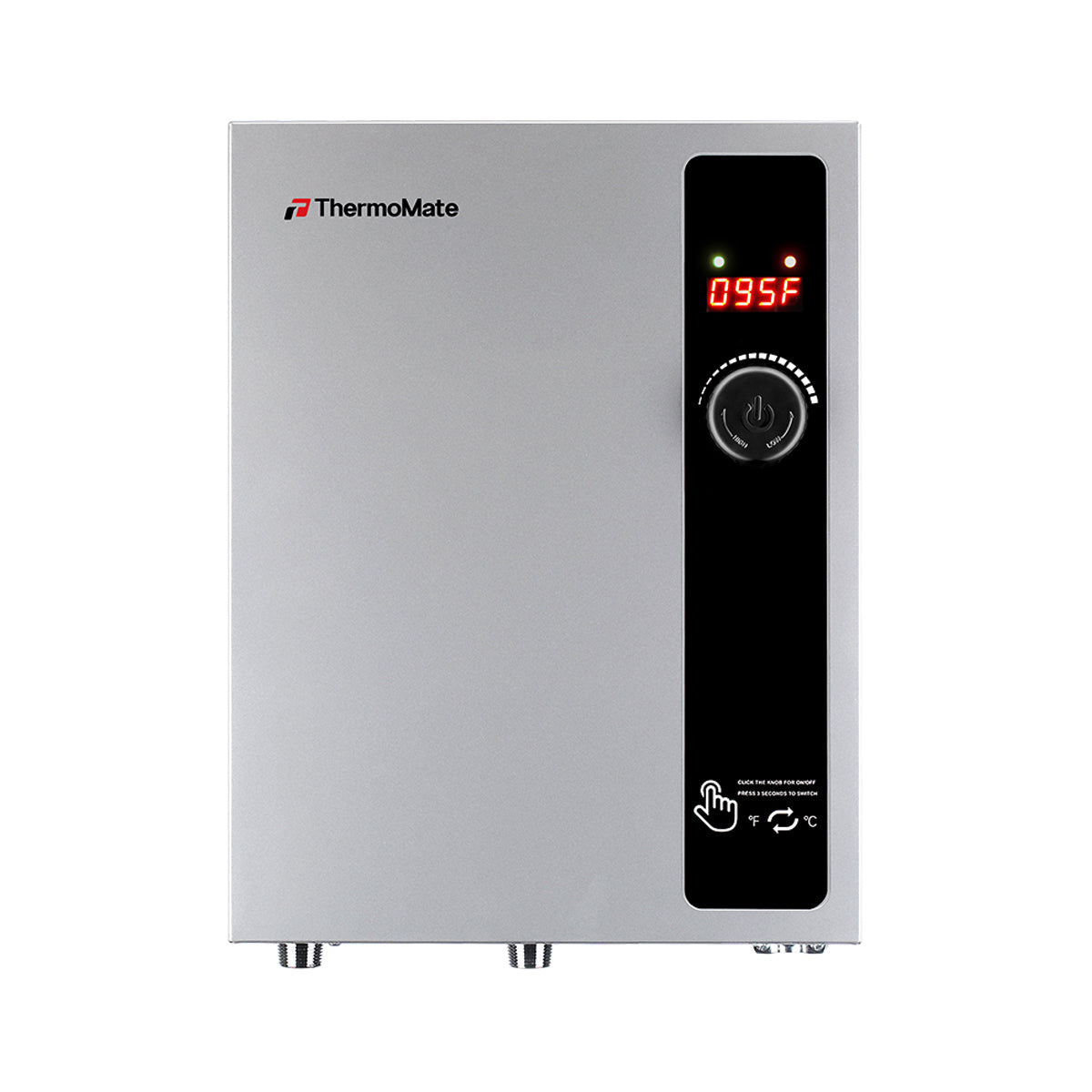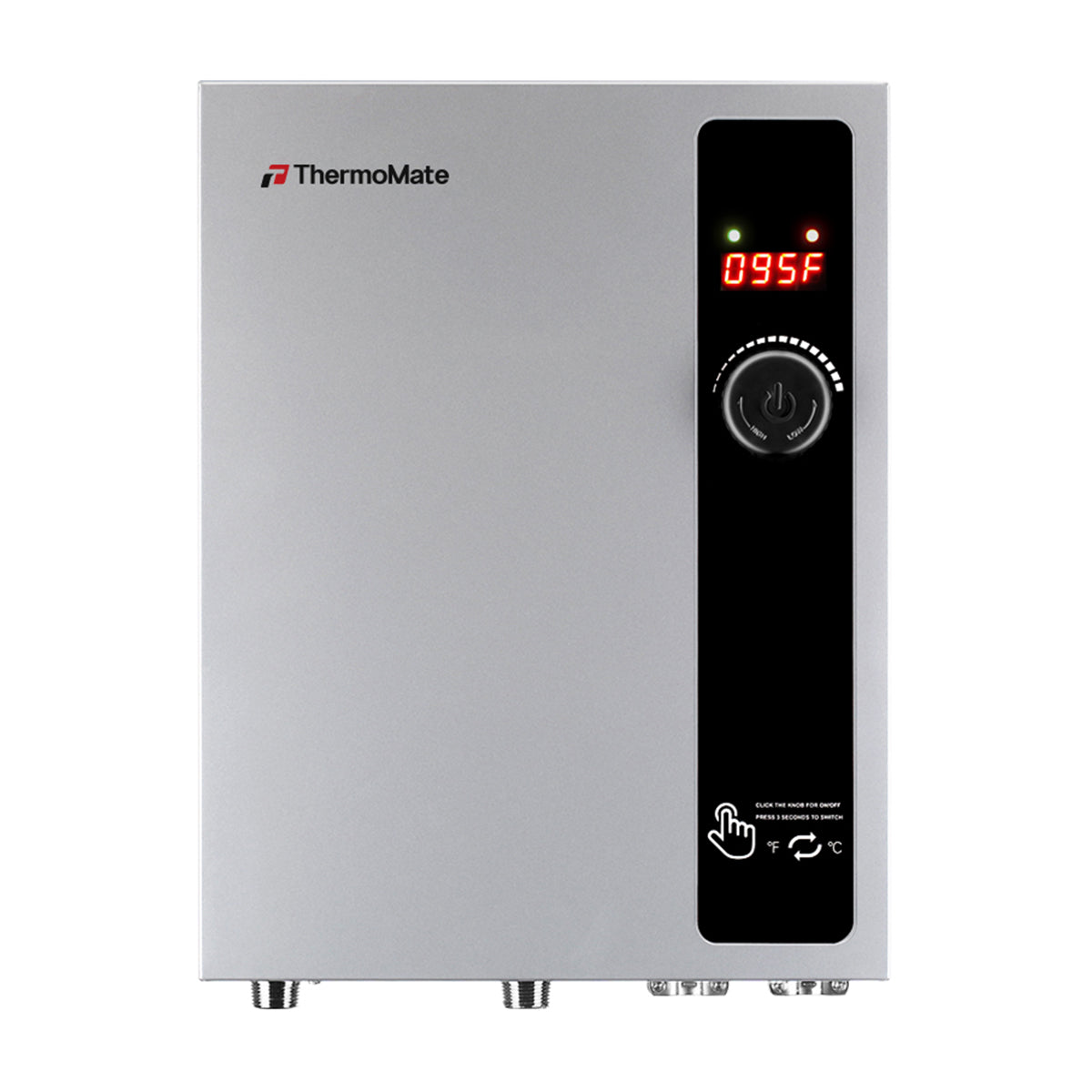How a Gas Tankless Water Heater Works: The Complete Guide for Homeowners
If you’re considering upgrading your home’s hot water system, a gas tankless water heater is one of the most efficient and reliable options available. Also called tankless gas hot water heaters, these systems provide hot water on demand, eliminating the need for large storage tanks and reducing energy waste. In this guide, we’ll explore how these devices work, their benefits, and why more homeowners are switching to high-efficiency tankless water heaters.
What Is a Gas Tankless Water Heater?
A gas tankless water heater, sometimes referred to as an instant water heater gas or on demand gas water heater, heats water only when it is needed. Instead of storing hot water in a tank, the system heats water as it flows through the unit using a gas burner powered by natural gas or propane. This means you can enjoy gas hot water on demand without waiting for a tank to fill or reheat.
Key Features:
-
Compact design that saves space
-
Energy-efficient operation, reducing utility bills
-
Continuous supply of hot water
-
Long lifespan, often 20 years or more
How Does a Tankless Gas Hot Water Heater Work?
The operation of a tankless gas hot water heater is simple yet highly effective:
-
Activation by Water Flow
When you open a hot water faucet, shower, or appliance, the unit’s flow sensor detects the movement and signals the system to start heating. -
Gas Burner Ignition
The burner—powered by natural gas or propane—ignites to heat the water instantly as it passes through the heat exchanger. -
Heat Transfer
Water flows through a stainless steel or copper heat exchanger, which raises its temperature quickly to the desired level. -
Instant Delivery
Heated water is delivered immediately to your fixtures, providing a continuous supply of hot water. -
Temperature Regulation
Most models have digital thermostats and sensors to maintain consistent temperature and prevent fluctuations or scalding.
Popular Types of Gas Tankless Water Heaters
When it comes to residential use, there are two main types of gas tankless water heaters:
Natural Gas Tankless Water Heater
This type connects directly to a natural gas line, making it ideal for homes with access to municipal gas service. It provides reliable, continuous gas hot water on demand and is typically more cost-effective for households with high hot water usage.
Propane On-Demand Water Heater
A tankless propane water heater is perfect for homes without natural gas lines, such as rural or off-grid locations. It delivers instant hot water efficiently using propane as the fuel source and is just as effective as natural gas models in providing on-demand gas hot water.
Both types offer the same benefits: space-saving design, high energy efficiency, and unlimited hot water supply. The choice depends primarily on your home’s fuel availability and installation requirements.
Benefits of a Tankless Gas Hot Water Heater
1. Energy Efficiency
On demand gas water heaters heat water only when needed, eliminating the standby energy loss common with traditional tank systems. This can reduce water heating costs by up to 30%.
2. Unlimited Hot Water
A tankless propane water heater or natural gas tankless water heater provides continuous hot water, perfect for homes with multiple bathrooms or simultaneous usage.
3. Space Saving
These units are compact and wall-mounted, freeing up floor space in utility rooms, basements, or closets.
4. Long Lifespan
With fewer components that wear out and no tank to corrode, high-efficiency tankless water heaters can last 20+ years.
5. Reduced Risk of Leaks
Without a storage tank, there’s less chance of flooding or water damage in your home.
Things to Consider Before Installation
-
Flow Rate Needs: Determine peak hot water usage in GPM (gallons per minute) to choose the right size unit.
-
Gas Supply: Ensure your natural gas or propane line can handle the system’s demand.
-
Proper Venting: Critical for safe operation of on-demand gas water heaters.
-
Professional Installation: A licensed plumber or electrician ensures correct setup and long-term safety.
Maintenance Tips
To keep your tankless gas hot water heater running efficiently:
-
Descale the Unit: Hard water can reduce efficiency. Perform maintenance every 6–12 months.
-
Clean the Air Intake Filter: Prevent dust or debris buildup.
-
Inspect Gas and Water Lines: Check for leaks or corrosion periodically.
Conclusion
A gas tankless water heater is an excellent choice for homeowners seeking high-efficiency, on demand hot water. Whether you choose a natural gas tankless water heater or a tankless propane water heater, these systems offer continuous hot water, energy savings, and a long lifespan.
Investing in a tankless gas hot water heater ensures you’ll never run out of gas hot water on demand again—making your home more efficient, comfortable, and modern.






